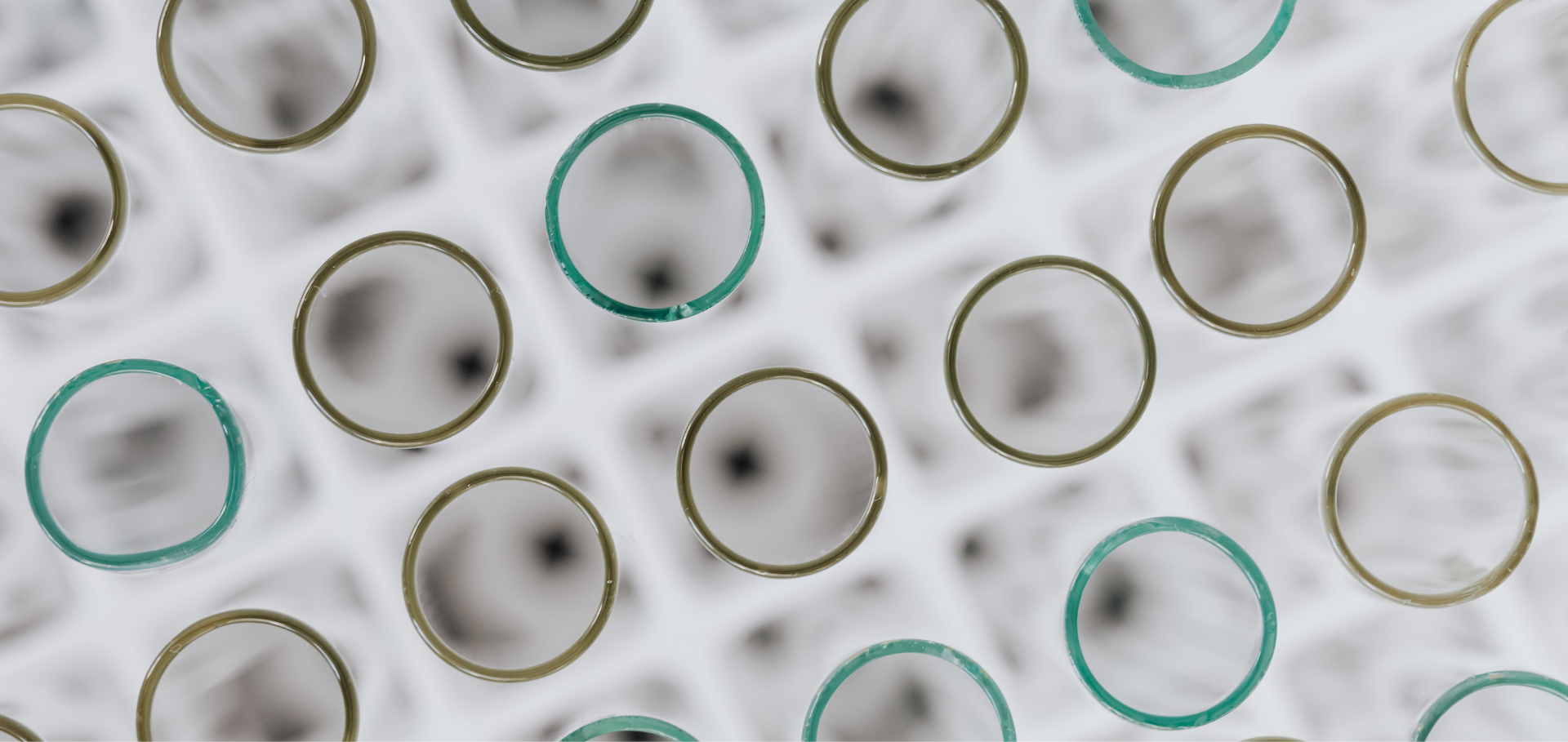Anna Ianza, Marianna Sirico, Ottavia Bernocchi and Daniele Generali,
Role of the IGF-1 Axis in Overcoming Resistance in Breast Cancer,
Frontiers in Cell and Developmental Biology, 2021
Affiliations:
Department of Medical, Surgery and Health Sciences, Azienda Sanitaria Universitaria Giuliano Isontina, Trieste, Italy,
Department of Surgery and Cancer, Faculty of Medicine, Imperial College London, London, United Kingdom,
Breast Cancer Unit and Translational Research Unit, ASST Cremona, Cremona, Italy,
Department of Medicine, Surgery and Health Sciences, University of Trieste, Trieste, Italy
Abstract
Over the last two decades, many studies have demonstrated that the insulin-like growth factor-1 (IGF-1) is involved in a number of patho-physiological processes, as well as in the development of different types of solid tumors, including breast cancer (BC).
Preclinical and clinical data showed that IGF-1 receptor (R) is overexpressed and hyperphosphorylated in several subtypes of BCs. The central implications of this pathway in tumor cell proliferation and metastasis make it an important therapeutic target.
Moreover, the IGF-1 axis has shown strong interconnection with estrogen regulation and endocrine therapy, suggesting a possible solution to anti-estrogen resistance. IGF1R might also interfere with other pivotal therapeutic strategies, such as anti HER2 treatments and mTOR inhibitors; several clinical trials are ongoing evaluating the role of IGF-1R inhibition in modulating resistance mechanisms to target therapies.
Our aim is to offer an overview of the most recent and significant field of application of IGF-1 inhibitors and relevant therapeutic strategies, weighing their possible future impact on clinical practice.

